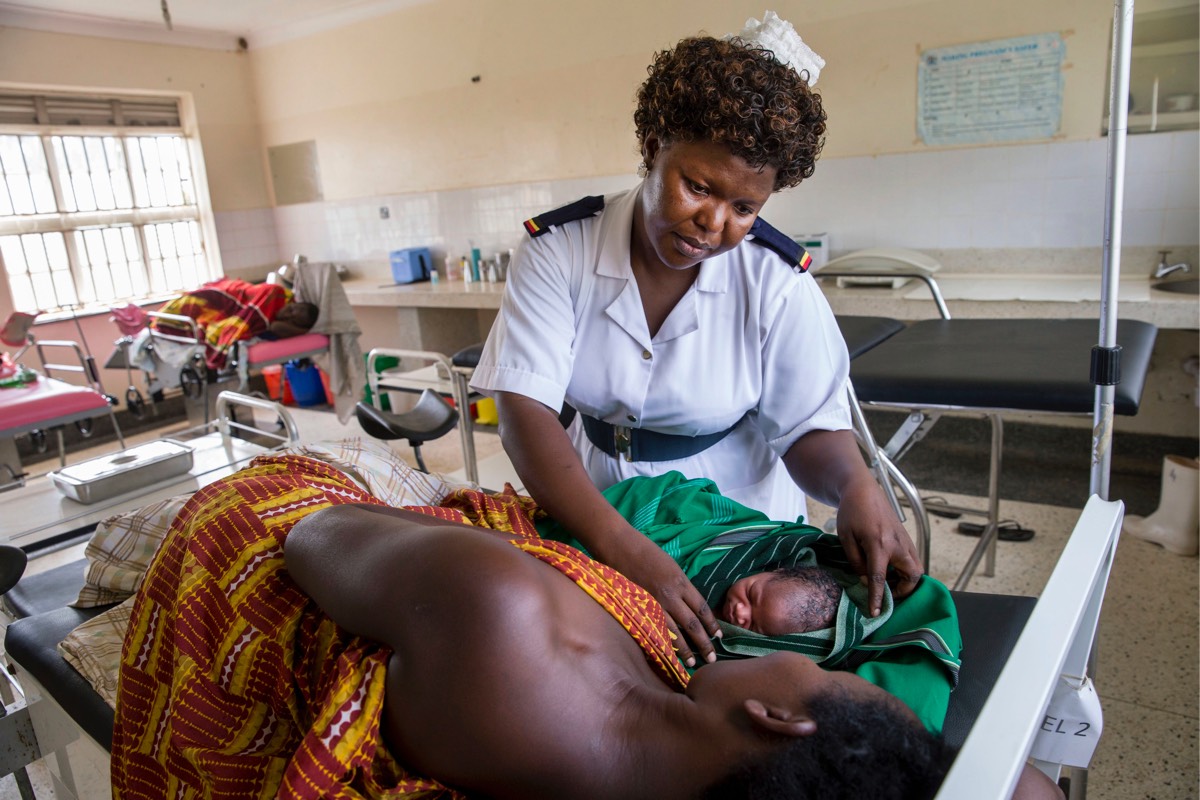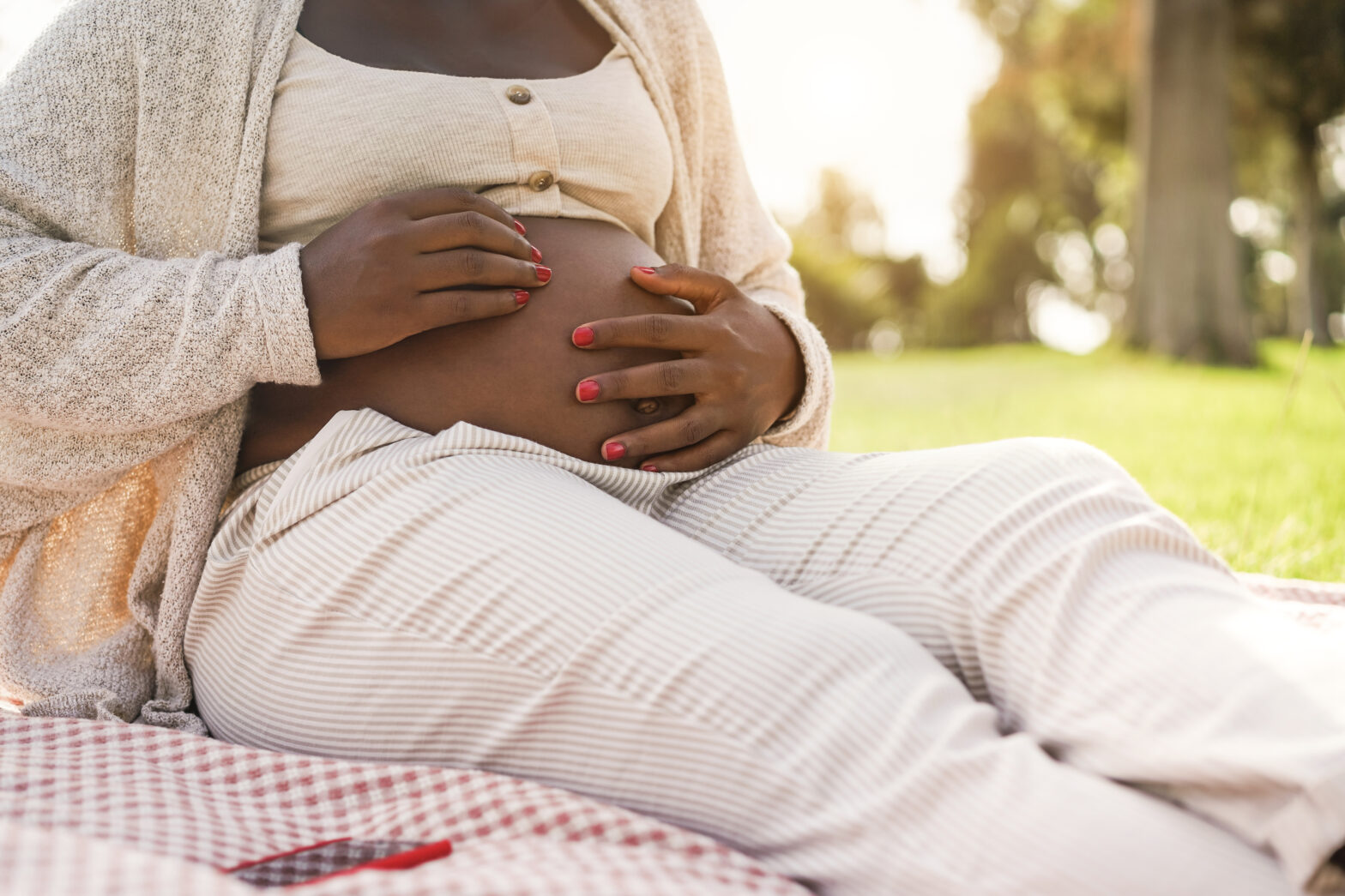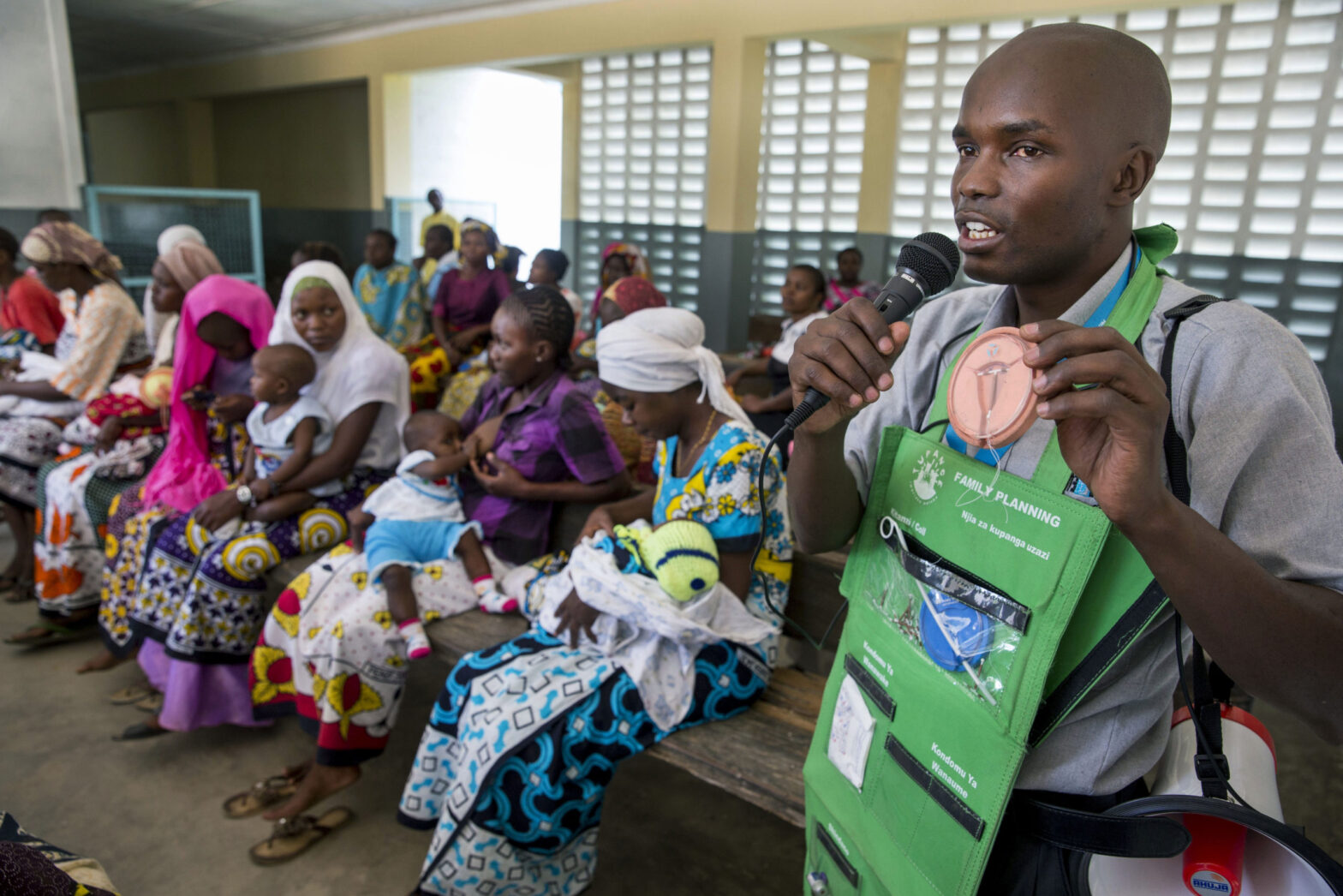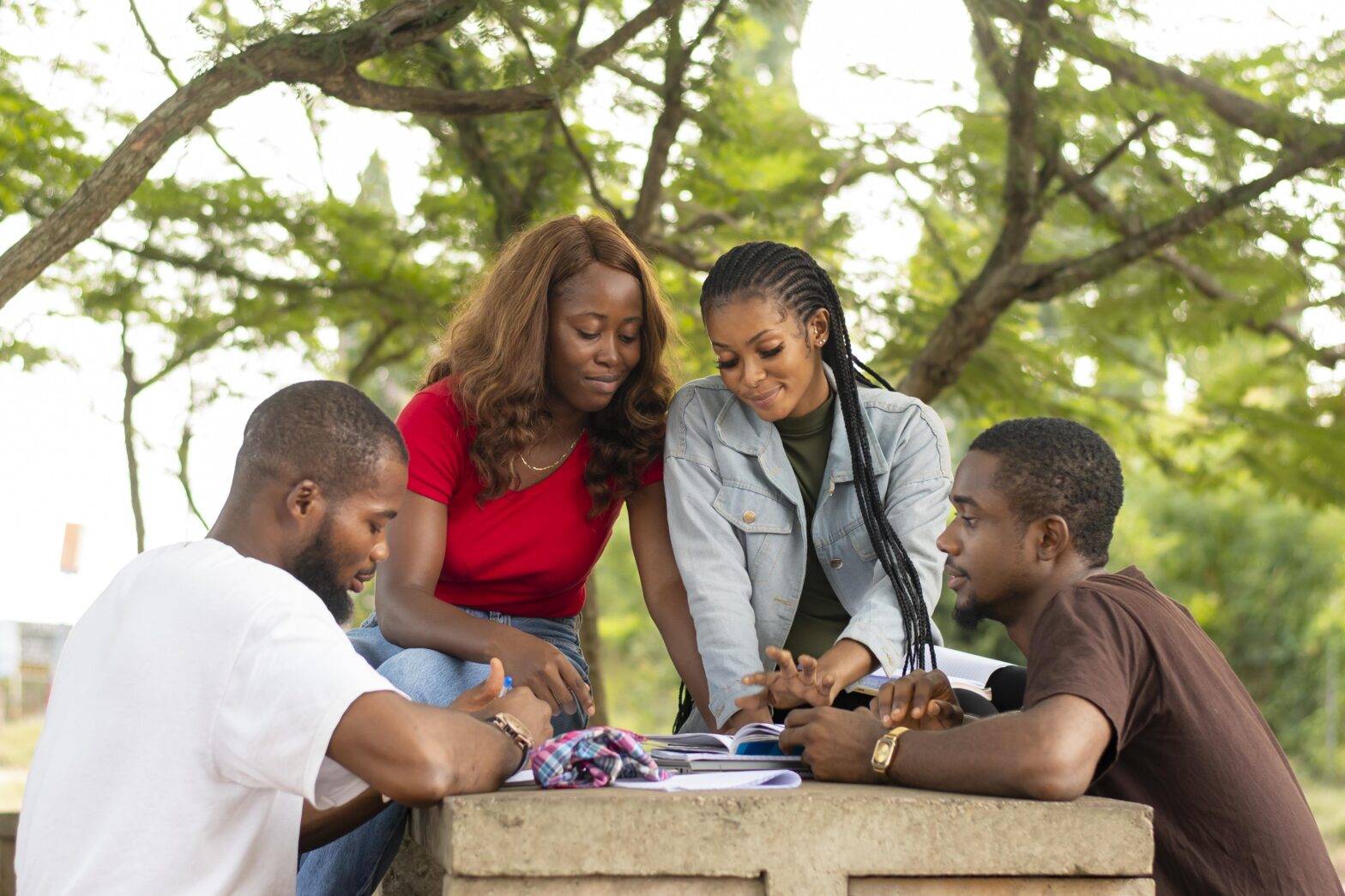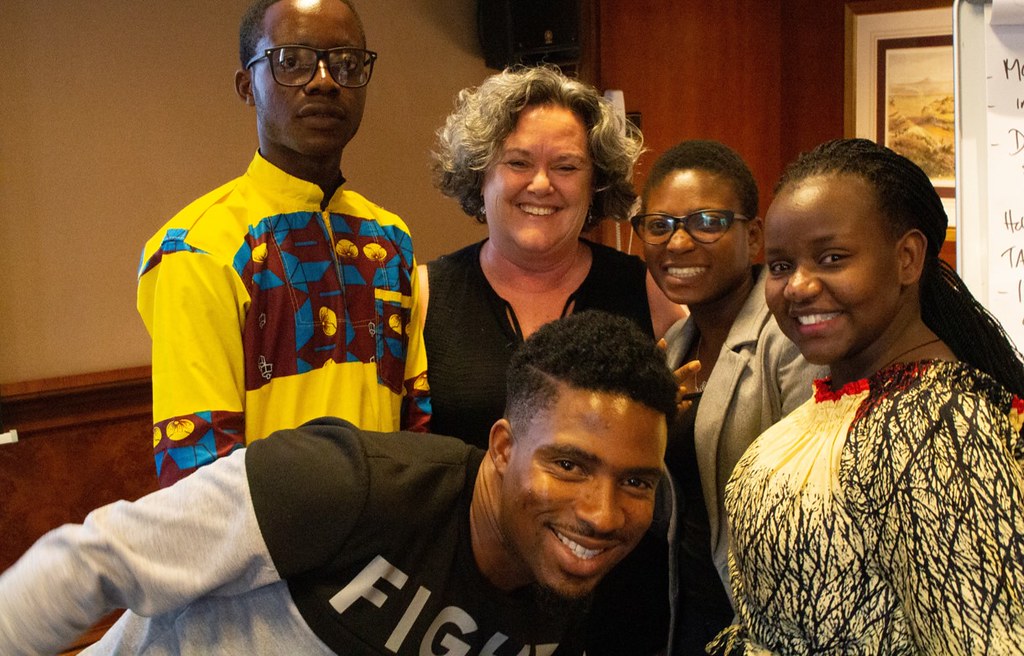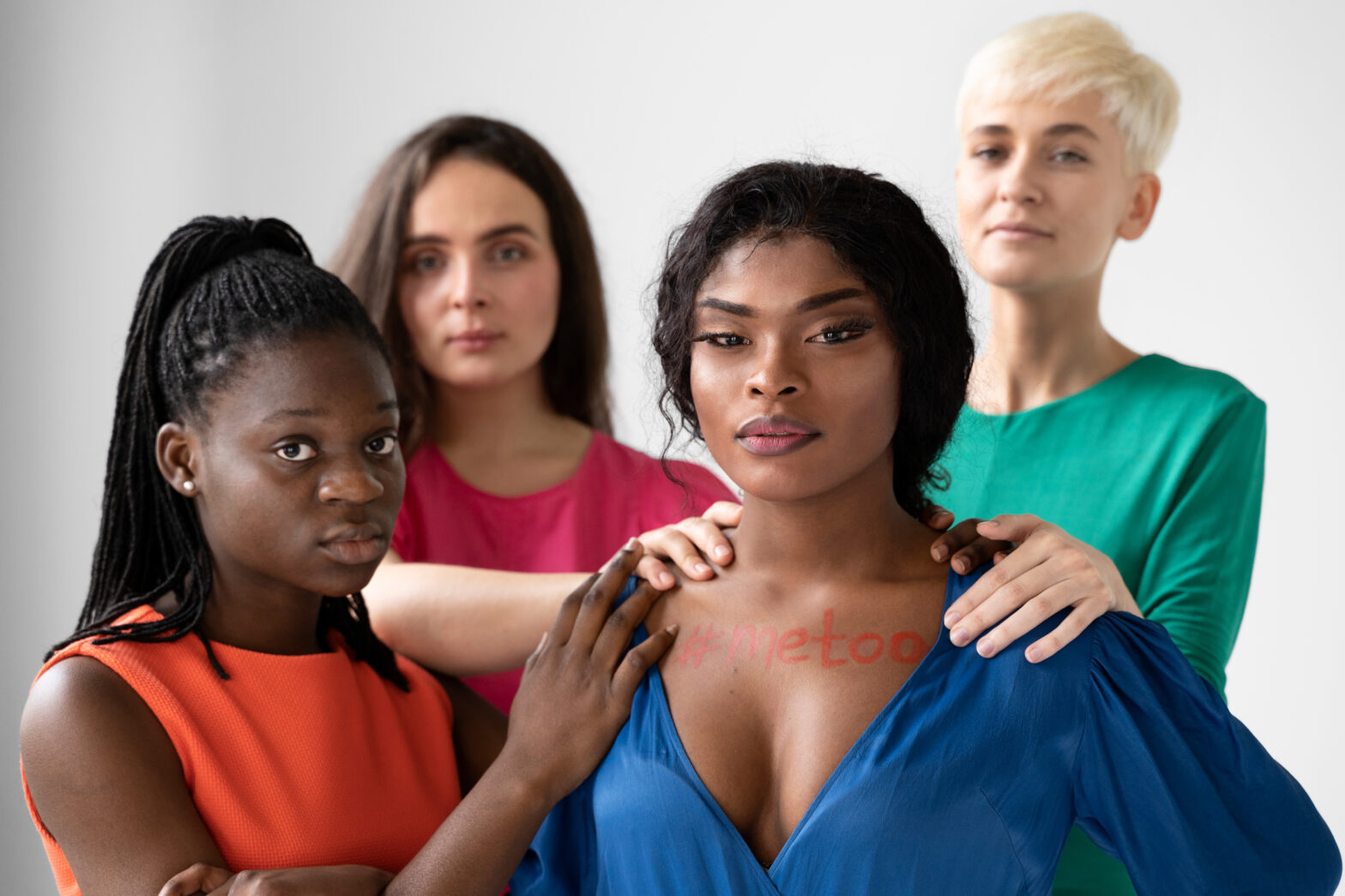Uganda has pledged to increase its annual funding for family planning activities.
Category: FP2030 in the Media
Call for Applications: Performance Monitoring and Evidence Working Group Early Career Fellowship
The FP2030 Performance Monitoring and Evidence working group is offering a volunteer professional development fellowship for young professionals in the field of family planning measurement. The youth fellows will participate in PME WG meetings, work on areas of future work/small group activities and grow professionally in the global family planning measurement field. The youth fellows will be able to communicate with all PME WG members and the FP2030 team to build networks and expand leadership in this field. The youth fellowship is a rotational seat on the PME WG with a two-year term.
Married and Pregnant Adolescent Girls: Understanding Their Contexts and Futures
Today, 650 million girls and women were married as children, and currently over 1 in 5 girls are married before the age of 18. Many donors, international and civil society organizations, and others have advocated for and allocated resources to end child marriage, which has led to reductions in this practice, particularly in South and Central Asia. However, it’s important to remember that even as rates of early marriage decline, the absolute number of adolescent girls who are subjected to child marriage is likely to increase, as the overall population of adolescents grows. What’s more, COVID-19 appears to have reversed many of the gains made in previous years, and around 10 million additional girls are expected to marry by 2030 due to the pandemic’s social and economic disruptions.
Engaging Men and Boys Is Critical to Gender Equality and Family Planning
Much of the literature on family planning and reproductive health is women-centered. This makes sense — family planning is incredible for women. It protects their physical health by allowing them to space their children and reduce high-risk pregnancies, enables and empowers them to pursue economic and educational opportunities, and helps improve their mental health by allowing them to choose when to have children, if at all.
Expanding equity measurements of family planning beyond wealth status and contraceptive use
Despite progress, the vision of the International Conference on Population and Development to achieve universal access to sexual and reproductive health services, including contraception, remains unfulfilled. Transforming our world: the 2030 Agenda for Sustainable Development acknowledges the continuing need for sexual reproductive health and contraception by including two goals with targets aimed at universal access to contraceptive services. Realizing these goals will require greater focus and investment, to understand and address the barriers that millions of women and girls currently at risk of an unwanted pregnancy face in accessing and using voluntary family planning.
Coming soon! New Collaboration for Equitable Partnerships with Young People
Copper Rose Zambia, IYAFP, and other youth-led organisations, with the support of FP2030, are taking the movement for equitable partnerships with young people to the next level by launching a new group to advocate for equitable and genuine partnerships with young people. Together, we called for youth-led organizations to apply to collaborate with us. We received over 500 applications in just a couple weeks, and now we’re reviewing these and will announce the full group soon!
Senior Leadership: It’s Time to Share Your Power
Over a long career, I’ve had the pleasure of working almost exclusively with adolescents and young people, as both colleagues and clients. I love the energy, enthusiasm, optimism, ideas, and curiosity of young people. I’ve learned a lot from them, and I hope they’ve learned from me. But what’s become increasingly apparent to me are increasingly intense feelings of frustration on the part of young people at being tokenized or trivialized, at not being listened to seriously, at not being treated like professionals, and impatience with the status quo. Recently, an old friend and I were talking about his experiences as a college student, volunteering for an organization that was addressing hunger and poverty around the world, and his still deeply felt frustration that ‘if the adults had just gotten out of our way, we could have achieved some real progress!’” We had a good laugh over that because really, not much has changed.
The Power of Rights-based Contraception for Young People
We often hear that “young people are the future,” and although it might be a cliche, it’s true — young people will inherit the world we live in, and their decisions will affect the future for generations to come. Yet many young people are still left out when it comes to accessing rights-based contraception and participating in conversations and programs about family planning. Too often we hear that young people are not mature enough for these kinds of conversations, that asking for contraceptives is wrong, and that this taboo subject is better avoided than discussed. However, if we were to face those misconceptions and grant young people universal access to rights-based contraception in our health care systems, we would get one step closer to achieving gender equality, increasing literacy rates and other prosperity indicators, and, consequently, enhancing a region’s economic growth.
Elevating Social and Behavior Change as an Essential Component of Family Planning Programs
More intentional focus on the science of human behavior in family planning can help advance the achievement of global, regional, and national goals while also calling for strategic and sustained investment that reflects the critical importance and proven impact of SBC approaches.
No one left behind: has the pursuit of FP2020’s 120 million additional users goal left some women behind?
An important question is whether the FP2020’s “120 million additional users” goal exacerbated inequities and led to a prioritization of populations within countries where substantial gains towards the goal could be made. We examine FP2020 country data and policies for signs of inequity in gains in modern contraceptive prevalence (MCP) and in the focus of family planning programs and policies.
